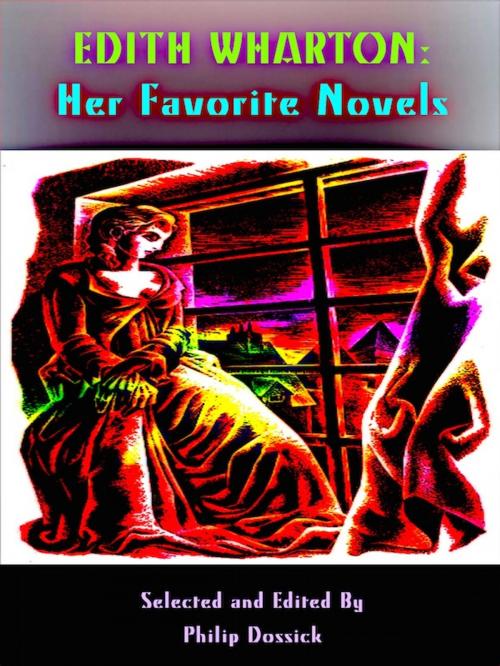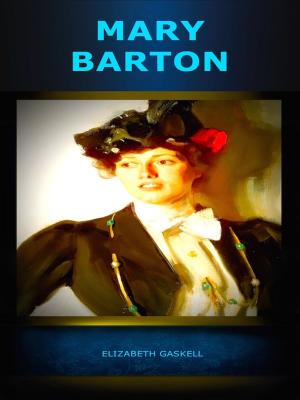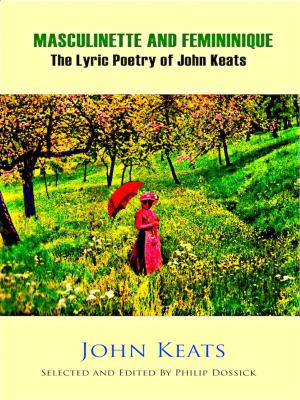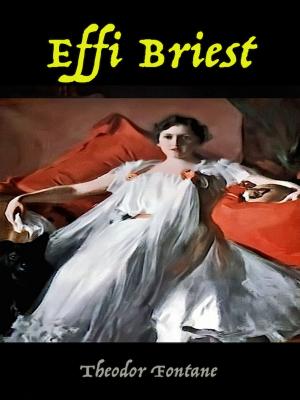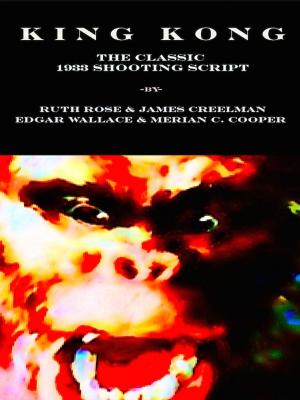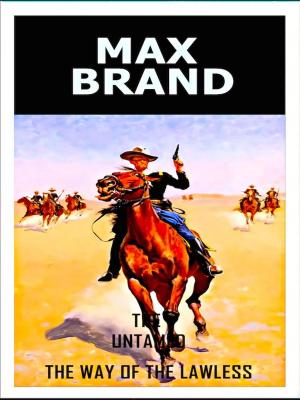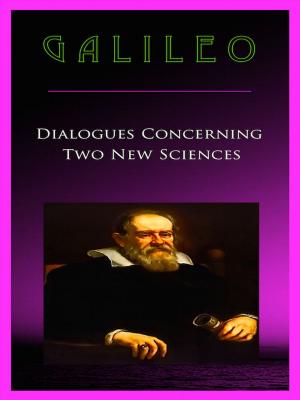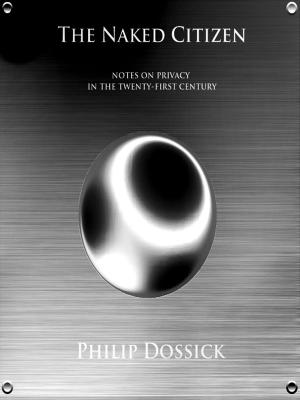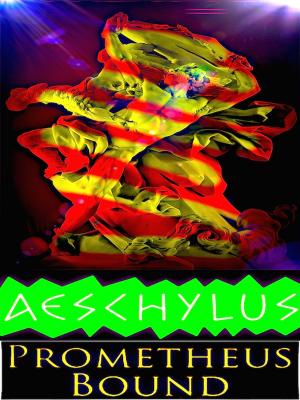Edith Wharton: Her Favorite Novels
Selected and Edited by Philip Dossick
Fiction & Literature, Classics| Author: | Edith Wharton | ISBN: | 1230001331059 |
| Publisher: | Editions Artisan Devereaux LLC | Publication: | September 4, 2016 |
| Imprint: | Language: | English |
| Author: | Edith Wharton |
| ISBN: | 1230001331059 |
| Publisher: | Editions Artisan Devereaux LLC |
| Publication: | September 4, 2016 |
| Imprint: | |
| Language: | English |
Summer
Sanctuary
Madame de Treymes
The Fruit of the Tree
The Custom of the Country
The Reef
The Age of Innocence
Readers the world over have spoken of their favorites among Edith Wharton’s prodigious collection of masterworks.
But what of Edith Wharton herself?
What were her personal favorites?
Wharton wrote The Age of Innocence—perhaps her greatest novel—in six months, between September 1919 and March 1920. She was writing about the world—Old New York—in which she had grown up, a world that had already vanished. But writing from a temporal and geographical distance, and through the magnifying lens of retrospect, she was able to enrich her portrait of a society and of a moment in time with everything she had learned and experienced since—about the perils of personal fear and social convention, about renunciation and regret, youth and age, memory and fantasy, anticipation and disappointment.
Masterworks of intricate creation, each of the titles above, known to be among her personal favorites, have stood the test of time, and are remarkable for their explorations of the legal and political restraints on women of the time, immigrant struggles, the desires for love, family, and companionship, and theories of sexuality, honesty and integrity in both Europe and America.
She paints her descriptions with strokes so vivid as to make us feel in our bones we've just come in from a walk on that very landscape ourselves.
EDITH WHARTON (1862-1937), one of the greatest American authors, transformed the art of fiction. The Pulitzer Prize winning author of numerous novels and short stories, including The House of Mirth, Ethan Frome, The Age of Innocence, and The Descent of Man, she is considered to be a literary colossus, and a central figure in the development of the modern novel.
"Perhaps, the greatest female novelist that America has yet produced."
—Cynthia Griffin Wolff
Summer
Sanctuary
Madame de Treymes
The Fruit of the Tree
The Custom of the Country
The Reef
The Age of Innocence
Readers the world over have spoken of their favorites among Edith Wharton’s prodigious collection of masterworks.
But what of Edith Wharton herself?
What were her personal favorites?
Wharton wrote The Age of Innocence—perhaps her greatest novel—in six months, between September 1919 and March 1920. She was writing about the world—Old New York—in which she had grown up, a world that had already vanished. But writing from a temporal and geographical distance, and through the magnifying lens of retrospect, she was able to enrich her portrait of a society and of a moment in time with everything she had learned and experienced since—about the perils of personal fear and social convention, about renunciation and regret, youth and age, memory and fantasy, anticipation and disappointment.
Masterworks of intricate creation, each of the titles above, known to be among her personal favorites, have stood the test of time, and are remarkable for their explorations of the legal and political restraints on women of the time, immigrant struggles, the desires for love, family, and companionship, and theories of sexuality, honesty and integrity in both Europe and America.
She paints her descriptions with strokes so vivid as to make us feel in our bones we've just come in from a walk on that very landscape ourselves.
EDITH WHARTON (1862-1937), one of the greatest American authors, transformed the art of fiction. The Pulitzer Prize winning author of numerous novels and short stories, including The House of Mirth, Ethan Frome, The Age of Innocence, and The Descent of Man, she is considered to be a literary colossus, and a central figure in the development of the modern novel.
"Perhaps, the greatest female novelist that America has yet produced."
—Cynthia Griffin Wolff
